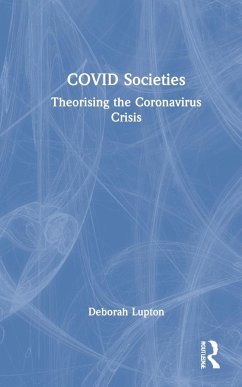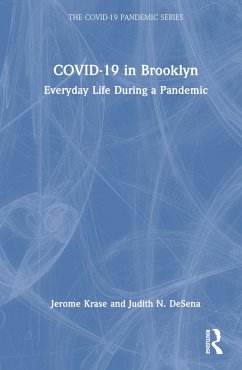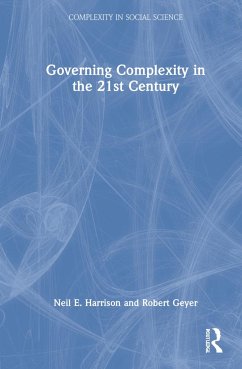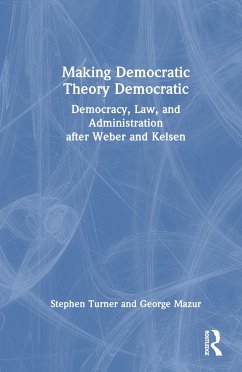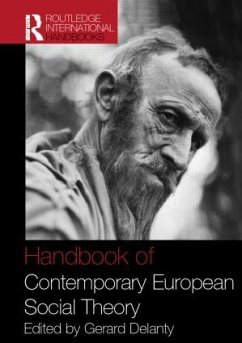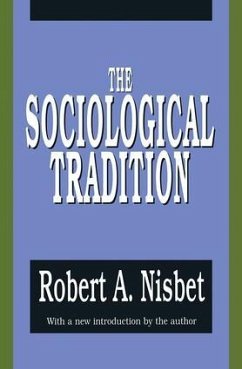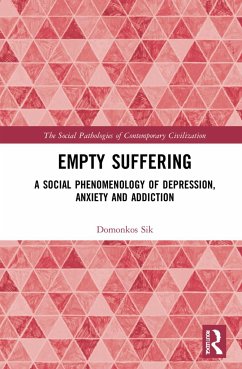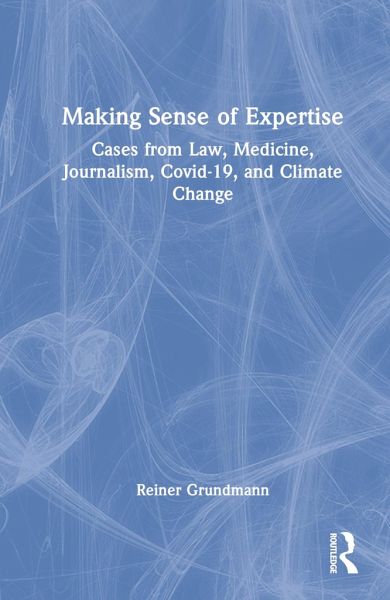
Making Sense of Expertise
Cases from Law, Medicine, Journalism, Covid-19, and Climate Change
Versandkostenfrei!
Versandfertig in 1-2 Wochen
149,99 €
inkl. MwSt.
Weitere Ausgaben:

PAYBACK Punkte
75 °P sammeln!
Current debates about experts are often polarized and based on mistaken assumptions, with expertise either defended or denigrated. Making Sense of Expertise instead proposes a conceptual framework for the study of expertise in order to facilitate a more nuanced understanding of the role of expertise in contemporary society.





